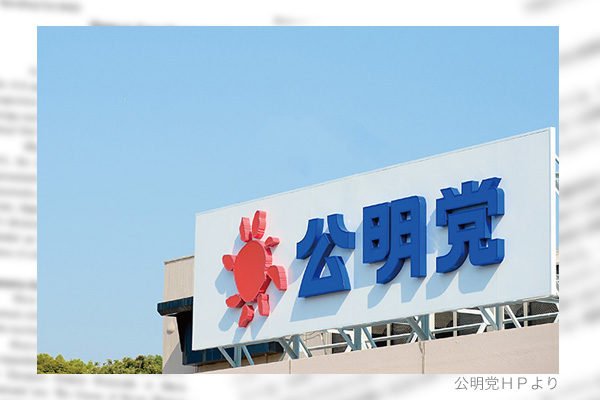The leadership of the Komeito Party, a junior coalition partner of the ruling Liberal Democratic Party, remains cautious over the joint development of the next-generation fighter aircraft by Japan, Britain and Italy, disrupting the unity of the coalition government.
Fighter exports contributing to increasing allies
Next-generation fighter aircraft for which advanced technology and operational knowhow are required can no longer be developed by a single country alone, leading multiple countries to integrate their respective cutting-edge technologies and knowledge for their development. The Japan-Britain-Italy joint development of the next-generation fighter will contribute to boosting Japan’s air supremacy capabilities to the world's top level and create a solidarity relationship between Japan, Britain, and Italy that will be close to an alliance. Fighter aircraft will continue to be used for about 40 years, requiring the three countries to have a long-term relationship through the maintenance of the aircraft, the production of spare parts, and the improvement of capabilities. Joint development is impossible without a true relationship of confidence.
At the beginning of the three countries’ efforts to build their confidence, however, Komeito remains reluctant to approve Japan’s future export of the jointly-developed aircraft to third countries. While the three countries naturally use the aircraft, their export to other like-minded countries under the three countries’ approval will increase the number of effective allies, contributing to enhancing Japan’s security.
However, Komeito is resisting the export of the finished fighter aircraft to third countries. At a press conference on November 29 last year, Komeito leader Natsuo Yamaguchi showed a cautious stance by saying, “It is important to discuss the matter in no hurry in order to gain public understanding.” In response to this remark that amounts to the reversal of the coalition partners’ working-level talks accumulated since April 2023, some participants in a joint meeting of the LDP’s National Defense Division and Research Commission on Security said the LDP should move forward even at the cost of dissolving the coalition with Komeito.
After Prime Minister Fumio Kishida told the House of Representatives Budget Committee on February 5 that “it is in the national interest for Japan to smoothly engage in a wide range of international joint development and production, including the export of finished products to third countries,” Yamaguchi at a press conference the next day countered that the export would amount to an important policy change and that the reason for making such change had yet to be discussed sufficiently.
Consider national interest rather than the party’s interest
Against this backdrop, the prime minister finally took action and had a direct meeting with Yamaguchi on February 13. They agreed that the LDP and Komeito would upgrade their working-level negotiations on the matter to talks between their policy research commission chiefs to make a step forward.
In March, the three countries will begin to coordinate their respective roles in the joint development. If there is no consensus within the Japanese coalition government even in this stage, co-developers’ confidence in Japan may be affected. The LDP and Komeito should promptly complete the talks between their policy chiefs to pave the way for exporting the new fighter aircraft to third countries. The time has come for Komeito to recognize its responsibility as a ruling coalition partner and make a decision based on Japan’s national interest instead of the party’s interest.
Kiyofumi Iwata is a member of the Planning Committee at the Japan Institute for National Fundamentals. Formerly, he served as Chief of Staff of the Japan Ground Self-Defense Force.


